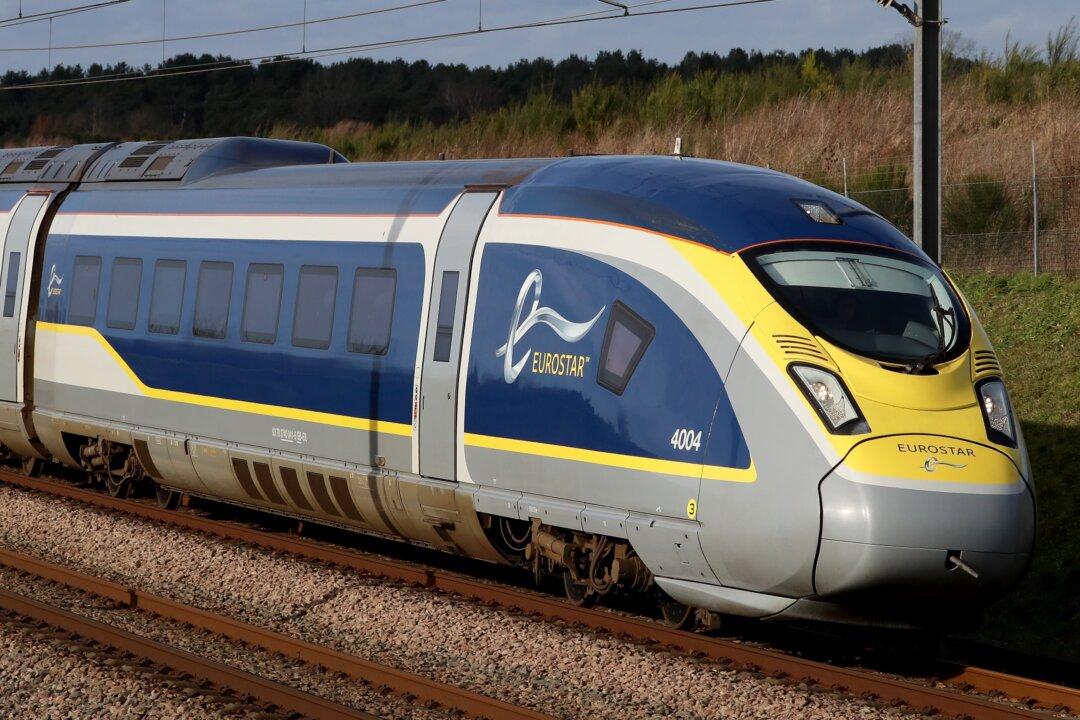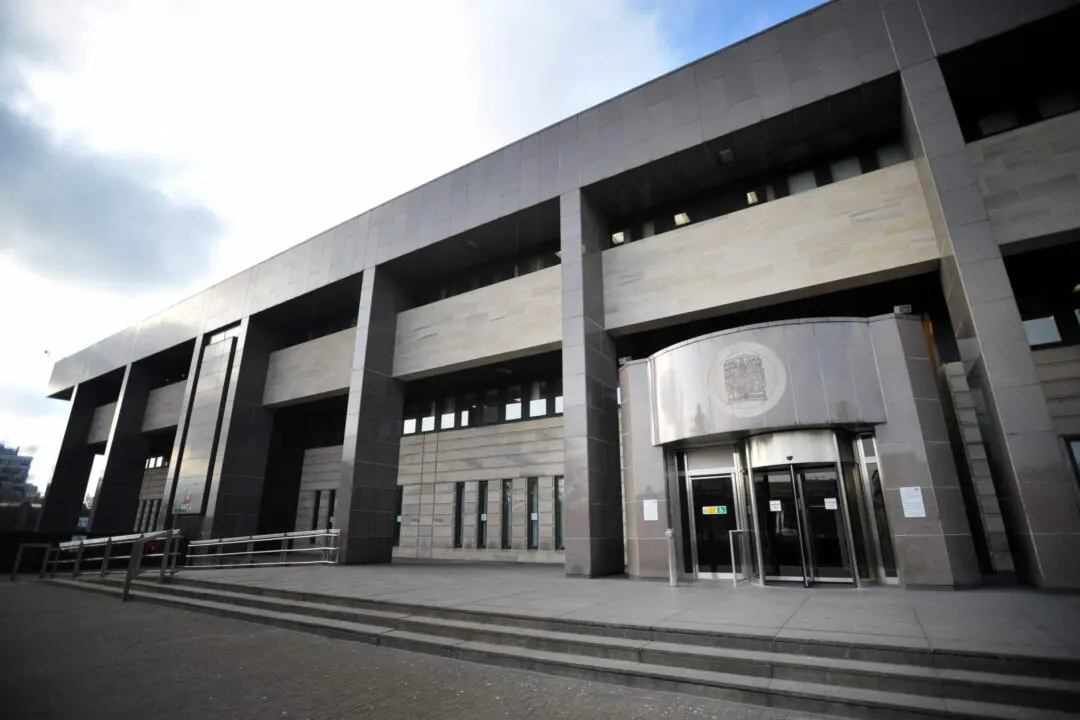Eurostar has secured a £250 million ($354 million) rescue package after warning it was “fighting for its survival” due to the coronavirus crisis.
The cross-Channel rail operator said it has reached a financing agreement with its shareholders and banks.




